Առայժմ Հայաստանի եւ Արցախի հետ կապված իրականացվում է ռուս-թուրքական ծրագիր
Այնքան ժամանակ, որքան Հայաստանի իշխանությունները չսկսեցին բացիեբաց խոսել այն մասին, որ արցախցիները կարող են շատ լավ, անվտանգ, ապահով ապրել Ադրբեջանի տիրապետության տակ, մենք կարող էինք մտածել, որ ի դեմս այդ իշխանությունների, գործ ունենք ինչ-որ թյուրիմացության հետ՝ սարսափելի, աղետաբեր, բայց՝ թյուրիմացության: Բայց չի կարող պատահել, որ մի քանի տասնյակ մարդու ուղեղը միաժամանակ այն աստիճանի մթագնած լինի, որ նրանք մտածեն, թե, մասնավորապես, 30 հազար հայ երեխաների ճակատագիրը կարելի է հանձնել մարդկանց, որոնք ահաբեկում են նրանց նույնիսկ ռուս խաղաղապահների ներկայությամբ: Թյուրիմացություն չի կարող լինել նաեւ սեփական բանակի թուլության մասին պարբերական չարախոսությունը կամ զենք գնելու անկարողության խոստովանությունը: Հետեւաբար, ամենայն հավանակությամբ, գործ ունենք միանգամայն ադեկվատ, հոգեպես առողջ մարդկանց հետ, որոնց համոզմունքները ձեւավորվել են այլ՝ ոչ հայկական հայեցակարգի ազդեցության տակ:
Այդ առումով պետք է, հավանաբար, վերանայել 2018 թվականի իրադարձությունները՝ այս պարագայում մի կողմ դնելով այն ժամանակվա ռեժիմի թուլությունը, կոռումպացվածությունը, ինչպես նաեւ Սերժ Սարգսյանի ճակատագրական սխալը՝ գնալ «երրորդ ժամկետի»: Այդ ամենն, անշուշտ, կար, եւ վաղ թե ուշ այդ փտած ռեժիմը, միեւնույն է, պետք է տապալվեր:
Բայց եկեք տեսնենք, թե ով էր շահագրգռված, որ Հայաստանում իշխանությունը փոխվեր եւ գար մեկ այլ իշխանություն, որը կտաներ պատերազմում աղետալի պարտության ու բոլոր այն հետեւանքներին, որոնք մենք տեսնում ենք հիմա:
Կարդացեք նաև
Դրա համար պետք է նայենք, թե ինչպիսի կոնսենսուսի էին եկել Ռուսաստանն ու Թուրքիան նախեւառաջ Սիրիայում: Եթե կարճ, ապա Ռուսաստանը դեմ չէր, որ Թուրքիան ոչնչացներ քրդական միավորումները, իսկ Թուրքիան դեմ չէր, որ Ռուսաստանն իր ռազմական օդանավակայանն ու նավատորմն ունենա Լաթաքիայի շրջանում: Ուկրաինայից խլած Ղրիմը նույնպես, այսպես ասած, «տաք» (այսինքն՝ հարավային) ջրերում կարեւոր ռազմական հենակետ էր Ռուսաստանի համար: Ու թեեւ Թուրքիան զուտ ձեւականորեն ժամանակ առ ժամանակ հայտարարում էր, որ դեմ է Ղրիմի անեքսիային, բայց իրականում առանձնապես չէր անհանգստանում դրանից: Խոսքը, հիշեցնեմ, 2015-16 թվականների իրադարձությունների մասին է:
Այսպիսով, Ռուսաստանի եւ Թուրքիայի միջեւ հաստատվել էր որոշակի կոնսենսուս, որը շարժական է, մասնաբաժինները կարող են փոխվել՝ կախված այս կամ տարածաշրջանում ուժերի հարաբերակցության փոփոխությունից: Այդ համատեքստում միանգամայն բնական է երեւում Արցախի, իսկ այնուհետեւ՝ Հայաստանի՝ այդ երկու երկրների միջեւ բաժանելու ծրագիրը՝ ՀՀ-ի, լավագույն դեպքում, խորհրդանշական պահպանմամբ:
Եվ այստեղ գալիս է ներքին հայկական գործոնը: Սերժ Սարգսյանի միջոցով այդ, մեզ համար չափազանց տհաճ, ծրագիրը դժվար կլիներ իրականացնել՝ նա ժողովրդականություն չէր վայելում Հայաստանի բնակչության շրջանում, ինչպես նաեւ մի շարք պատճառներով ազդում էր Կրեմլի նյարդերին: Պետք էր ժողովրդի կողմից սիրված, պոպուլիստ, ամբիցիոզ եւ արկածախնդիր առաջնորդ, որն ավելի շատ կքայքայեր առանց այդ էլ քայքայված պետական ինստիտուտները, կպարտվեր պատերազմում, բայց դրանից հետո կշարունակեր վայելել ժողովրդի սերը:
«Գունավոր հեղափոխություն» հասկացության տակ սովորաբար հասկանում են գործողություններ, որոնք Արեւմուտքը կազմակերպում է Ռուսաստանի դեմ: Բայց տասնամյակների ընթացքում այդ հեղափոխության մեխանիզմներն այնքան մշակվեցին եւ յուղվեցին, որ այն հեշտությամբ կարող էր կազմակերպել Ռուսաստանը, մանավանդ, որ ռուսական ընկերությունները, մասնավորապես, «Գազպրոմն» այստեղ ամենախոշոր գործատուներն են:
Ուրիշ հարց, որ վերջերս Փաշինյանը, այսպես ասած, «պասիվ սաբոտաժի» է ենթարկում այն, ինչ խոստացել է Ռուսաստանին: Դրա համար ժամանակ առ ժամանակ ռուսաստանցի պաշտոնյաները կոչ են անում Հայաստանի վարչապետին՝ անկեղծորեն պատմել իր ժողովրդին, թե ում հետ ինչ է պայմանավորվել:
Միակ պետությունը, որը պետք է որ դեմ լինի այդ ծրագրին, Իրանն է: Բայց դրա մասին՝ մեկ ուրիշ անգամ:
Արամ ԱԲՐԱՀԱՄՅԱՆ
«Առավոտ» օրաթերթ
24.01.2023

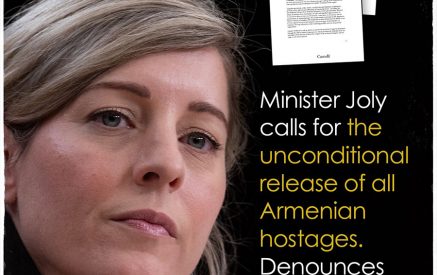

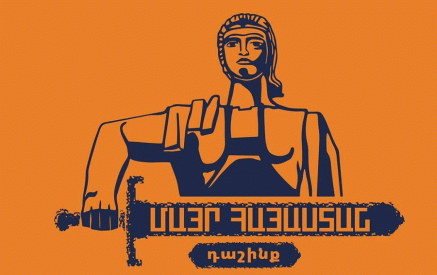
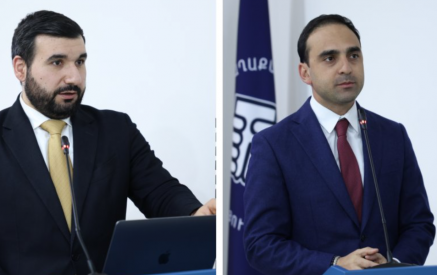
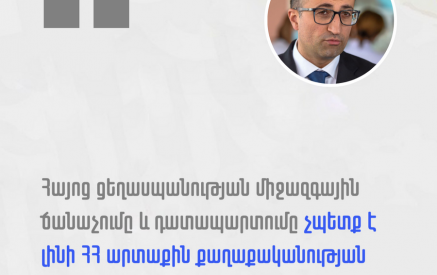
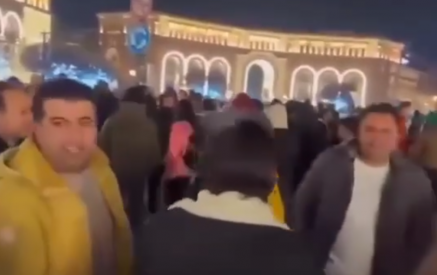
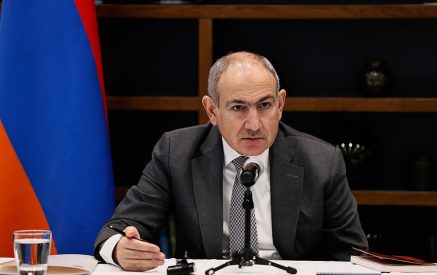
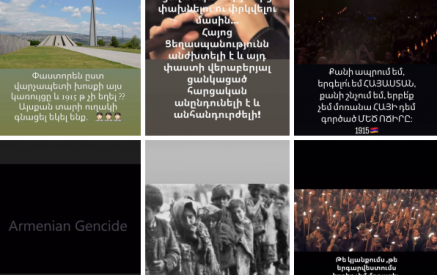
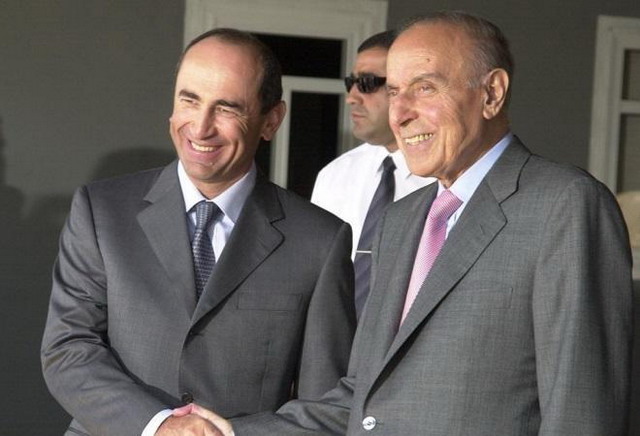
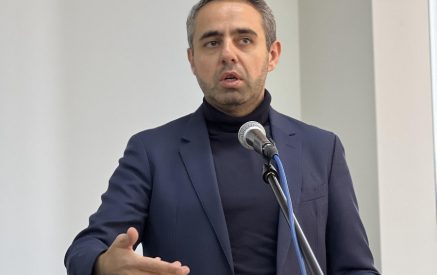
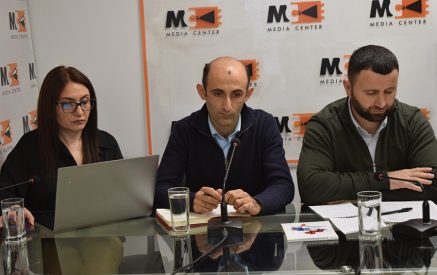
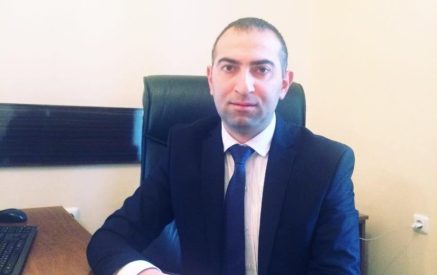
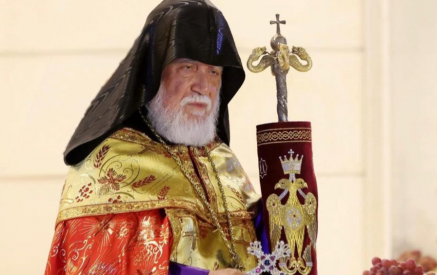
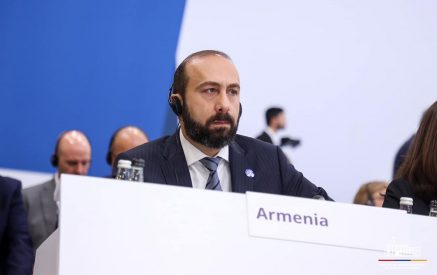
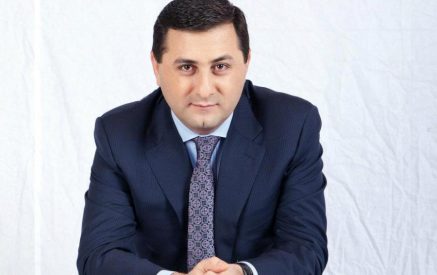
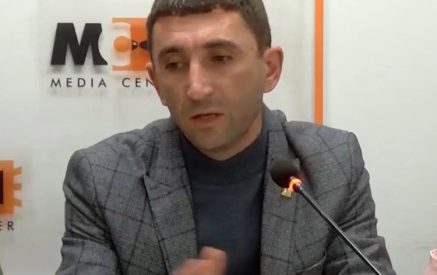
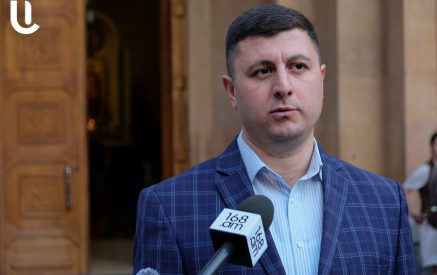
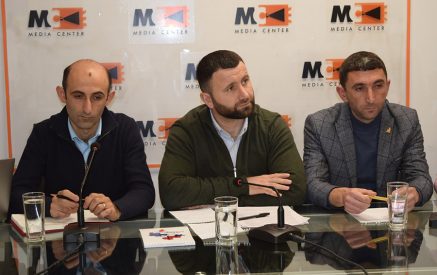

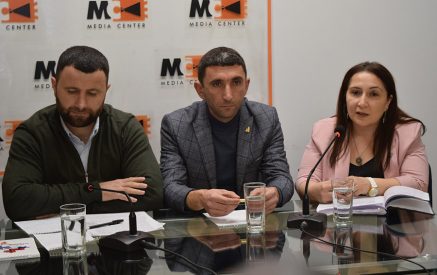
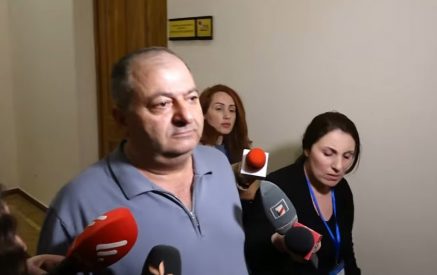
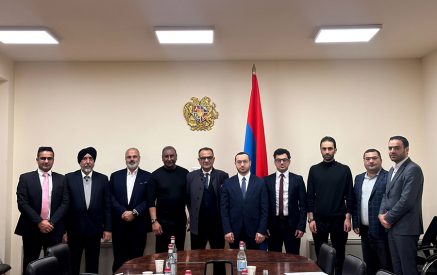
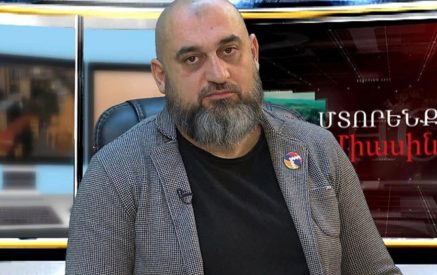
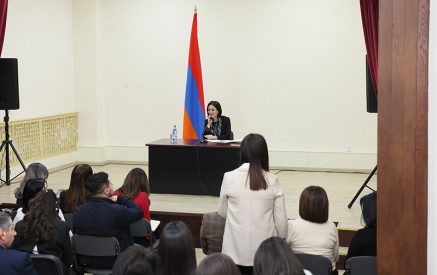
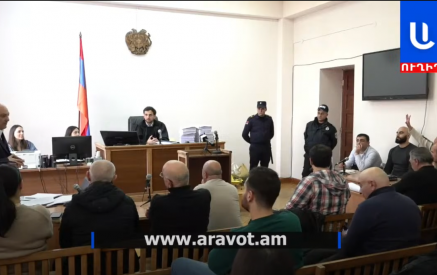
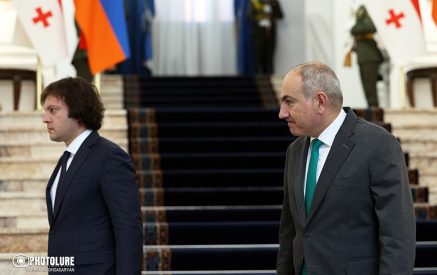

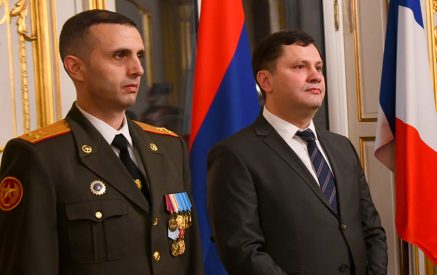
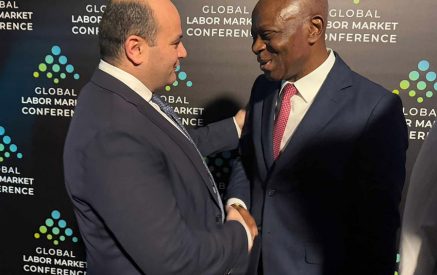
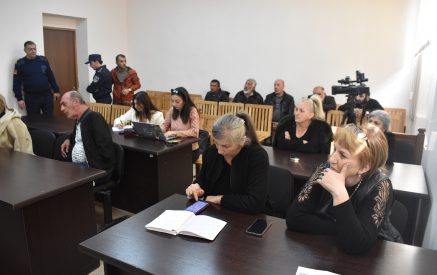

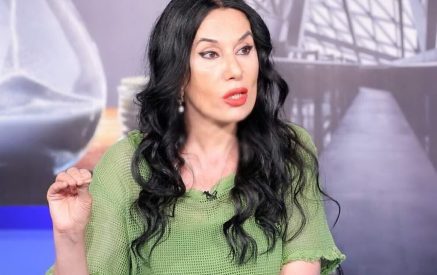
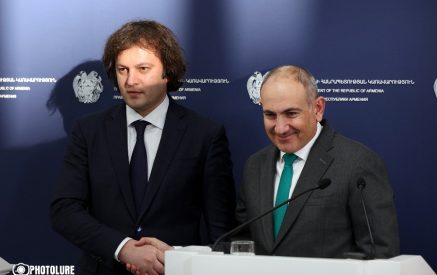
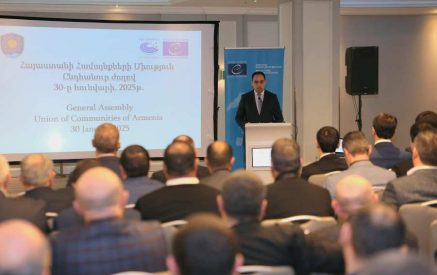
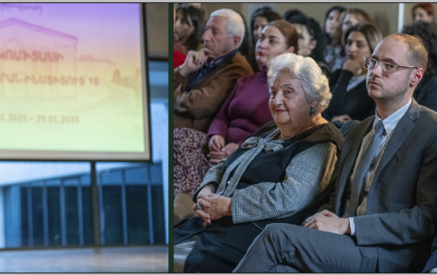
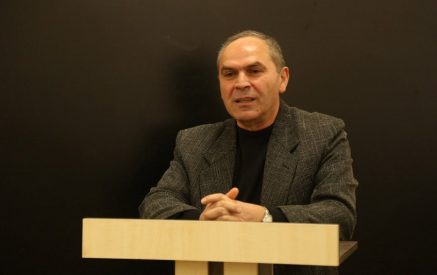
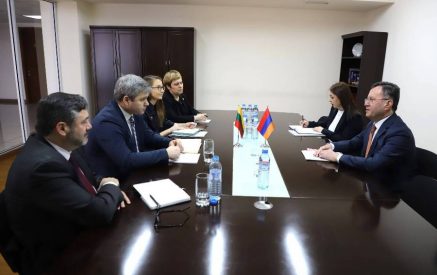

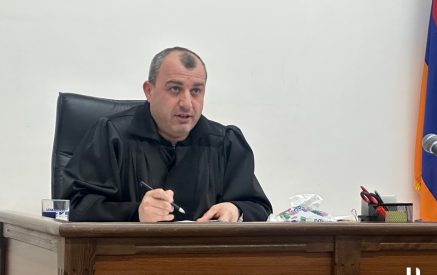
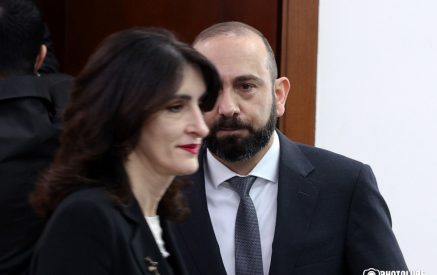
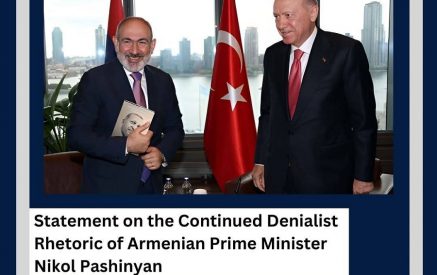

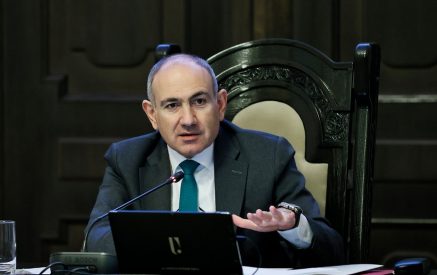


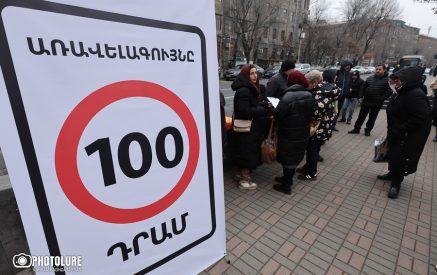
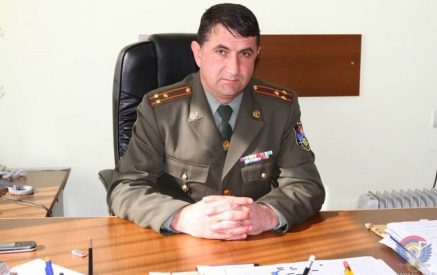
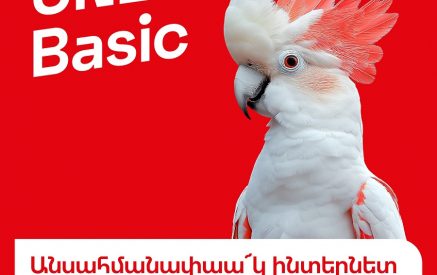
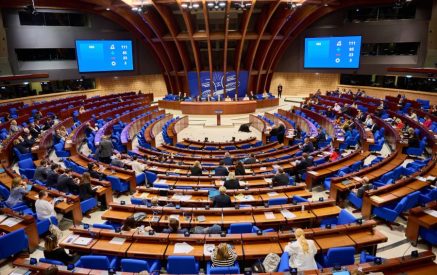
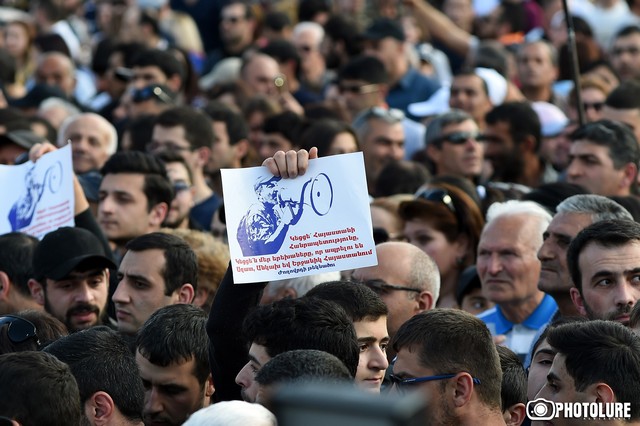
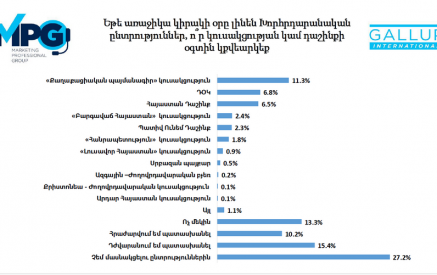
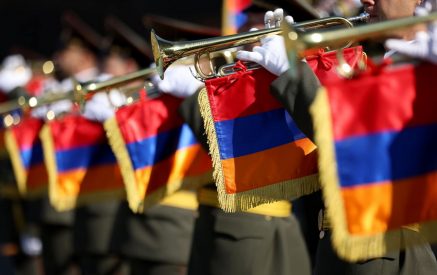
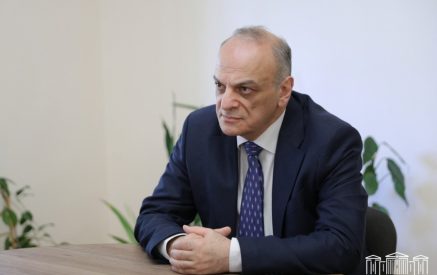

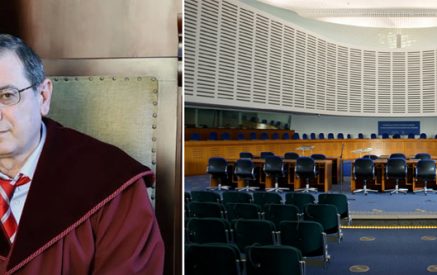



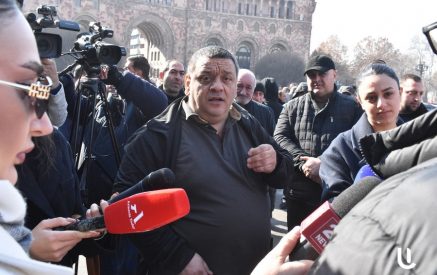
Here is my short take on all this. I agree that the 2018 revolution was backed by outside forces (geopolitical centers) but I can’t automatically point the finger to Russia or the West for that matter. Historians will one day study this period and explain everything but that will not happen before at least 20-30 years.
Arguments favoring a Russian involvement:
– No Russian plane landed in Yerevan (literally and metaphorically) during or after the revolution to save the incumbent leader (Serj). Planes full of intelligence operatives (literally) landed in Caracas and Minsk when the pro-Russian regimes were about to fall and they saved the day. Add to that the involvement of Gazprom employees to the protests and it is clear that at the very least, Russia did not oppose Serj’s fall,
– The Russian peace plan was not accepted yet by the previous leader (Serj) although the latter was clearly leaning in that direction (rightly so, see appendix below). The 2016 war was a warning to Armenia and a clear sign of the collaboration between Russia and Turkey. The Sasna Tsrer operation aimed to topple the Russian peace plan before Lavrov’s arrival in Yerevan in the summer of 2016. So yes, the editor is right in that Russia wanted Armenia to accept its peace plan and had an incentive to oust the leader it did not trust, Serj. His legacy of maneuvering between US-EU-Moscow made him unreliable in the eyes of Moscow and that partly explains why Karapetyan was sent to Yerevan from Moscow, as a back-up plan in case Serj attempts another maneuver.
Arguments opposing a Russian involvement:
– The overwhelming majority of the Pashinyan team and satellite NGOs that played a key role in the revolution are staunchly and openly self-declared westerners,
– Pro-Russian players were immediately marginalized upon the arrival of Pashinyan – Khachaturov, Kocharyan, Harutyunyan, later on Vanetsyan, etc,
– The Armenian side openly backed away from the peace process irritating Moscow, to the point that Lavrov had to come out publicly in April 2020 to tell journalists that there is indeed a peace process going on, even if denied by Yerevan. If Pashinyan was a Russian stooge who came to lose a war, why would he walk away from the Russian peace plan (Lavrov plan)? which brings us to the next argument,
– It was not at all in Russia’s interest to have an ally lose a war and get humiliated. It only chose that path when no other options remained, when Armenians rejected the Russian peace plan. From a purely objective perspective it would reflect negatively on Russia’s image, power projection, ability to find clients for its arms industry, ability to find allies, preserve its influence in the world, etc. The Lavrov plan was supposed to save Armenia’s face and prove that being an ally of Russia is useful, that Russian allies will avoid humiliating defeats, even against more powerful opponents. That even if Azerbaijan was more powerful than Armenia in almost all metrics, Russia would not let its ally down and would save its face with a peace plan. To push that logic further, it is highly probable that Russia’s objective was just that since the early 2010s – to arm Azerbaijan enough that Armenia would be forced to make concessions for a peace that Russia would thus impose and control, making them both dependent on itself by the sheer presence of its peacekeepers. Very rational for a superpower, the US did something similar with Greece-Turkey and Israel-Egypt.
As an appendix, why I think Serj was leaning towards the Russian peace plan and peacekeepers? His meetings with LTP following the 2016 war, his declarations behind closed doors in Stepanakert warning of singing a new version of Kars-Kars, his emphasis on becoming prime minister and not handing power to Karen Karapetyan in order to take on the burden of being the responsible and sacrificed leader who would stay in history as the one who ‘sold Karabakh’, all point in that direction. I think Serj knew that he must accept the Russian peace plan, that opposing it would be suicidal for Armenia.
So to sum it up, in my humble opinion, Russia did not initiate or organize the revolution (it is not sufficiently sophisticated for that, otherwise it would have done so in Ukraine) but when presented with the chance to get rid of a shrewd leader with a backbone (Serj), it did not oppose it. Only to realize that the new leader was completely unaligned with its objectives and concluded – under Turkish pressure and before things would get heated on the Ukrainian front – that a war was now necessary to make the Armenians understand real-politic.